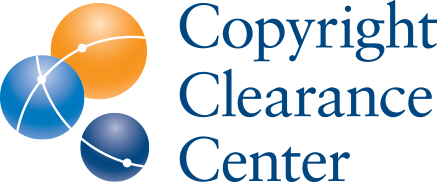Advanced Copyright in the Publishing Workplace
Six-Module Certificate Course over three days
Are you unclear on how copyright law impacts publishing? OnCopyright Education’s six module eLearning certificate course, Advanced Copyright in the Publishing Workplace, focuses on U.S. copyright law and when permission to use copyrighted materials may be required for both content creation and content use. With an emphasis on text-based materials, key issues that affect employees in the publishing world are discussed.
The course includes instructor-led eLearning sessions, all materials, group discussions, question and answer sessions and analyses of real-world scenarios, including group and individual activities.
|
Click on the session you would like to attend: |
|
COURSE OBJECTIVES:
- State the underlying purpose of copyright law
- Describe the purposes of sections 106, 107 and 109 in U.S. Code title 17, Chapter 1
- Recognize copyright implications for digital content
- Conduct a fair use analysis on at least three scenarios encountered in your organization
- Understand copyright compliance best practices
Copyright 101
One-Module Certificate Course
Are you unclear on how copyright law impacts your work? OnCopyright Education’s one module eLearning certificate course, Copyright 101, focuses on a broad overview of U.S. copyright law and when permission to use copyrighted materials may be required. During the 120 minute class, students will have the opportunity to participate in a question and answer session with the instructor. They will also receive a workbook and a recording of the class itself as a resource.
|
Click on the session you would like to attend: |
||||
COURSE OBJECTIVES:
- State the purpose of copyright
- Describe the intent of §107 Fair Use
- Recognize copyright implications for digital content
- Identify potential infringements of copyright
- Understand copyright compliance best practices
